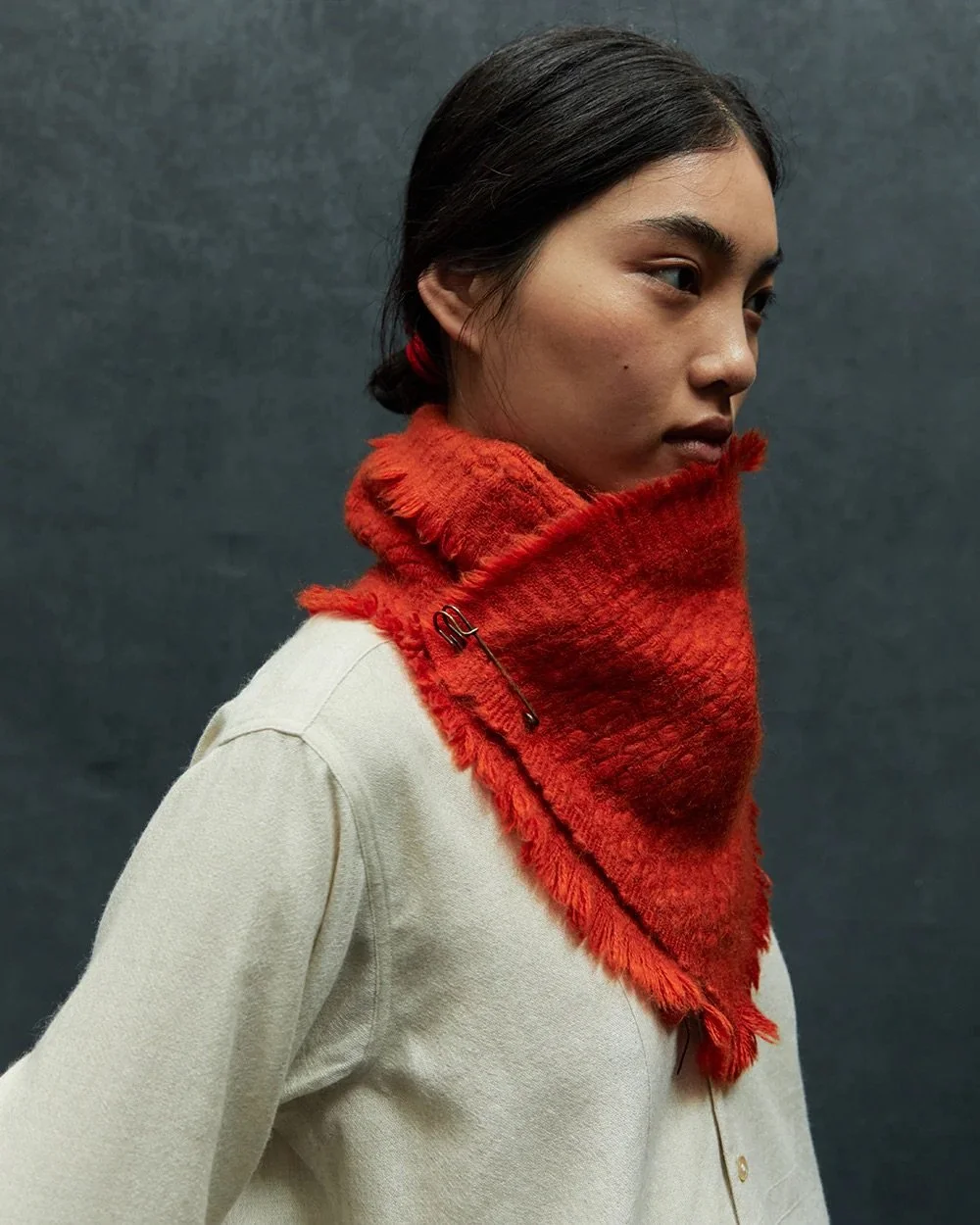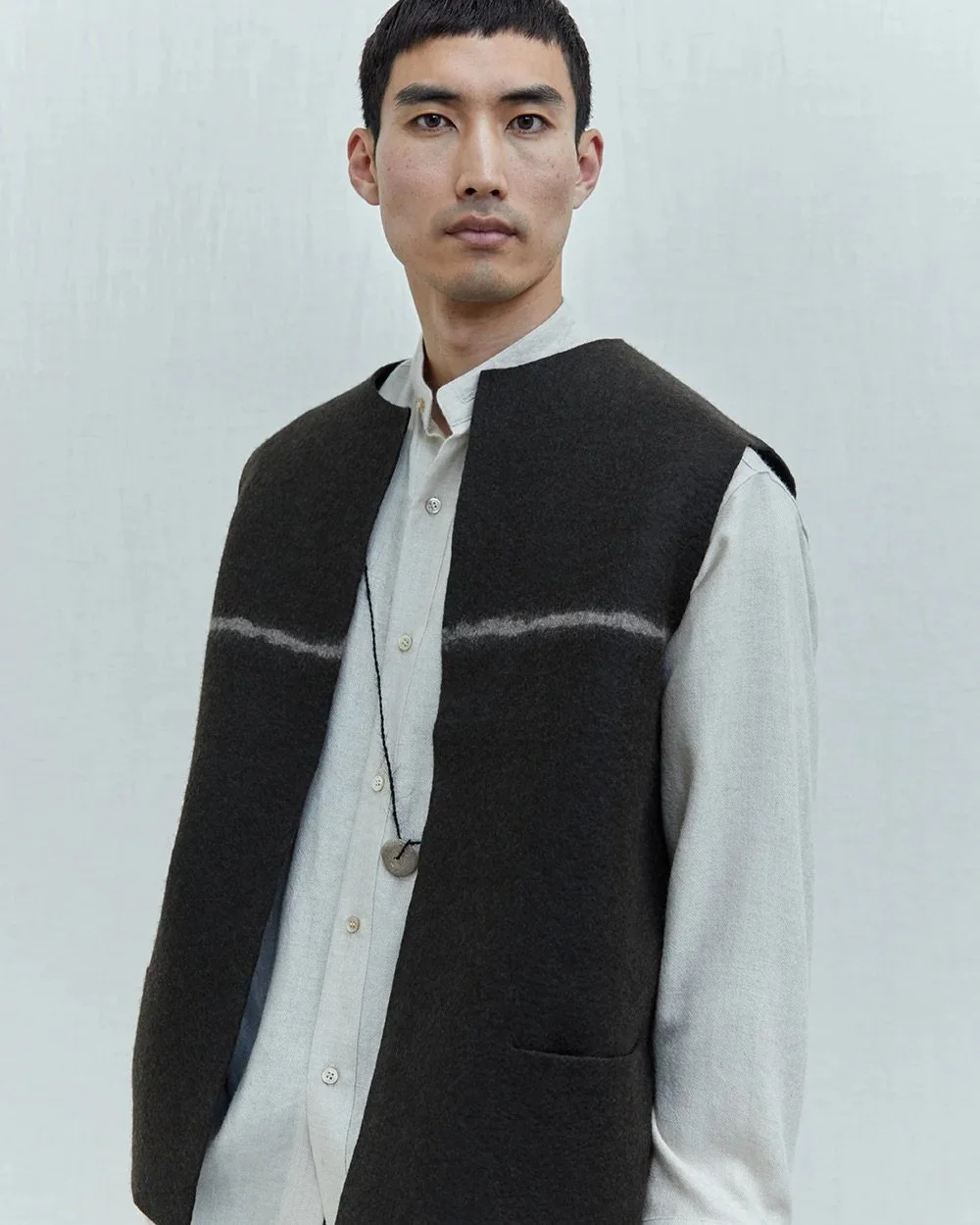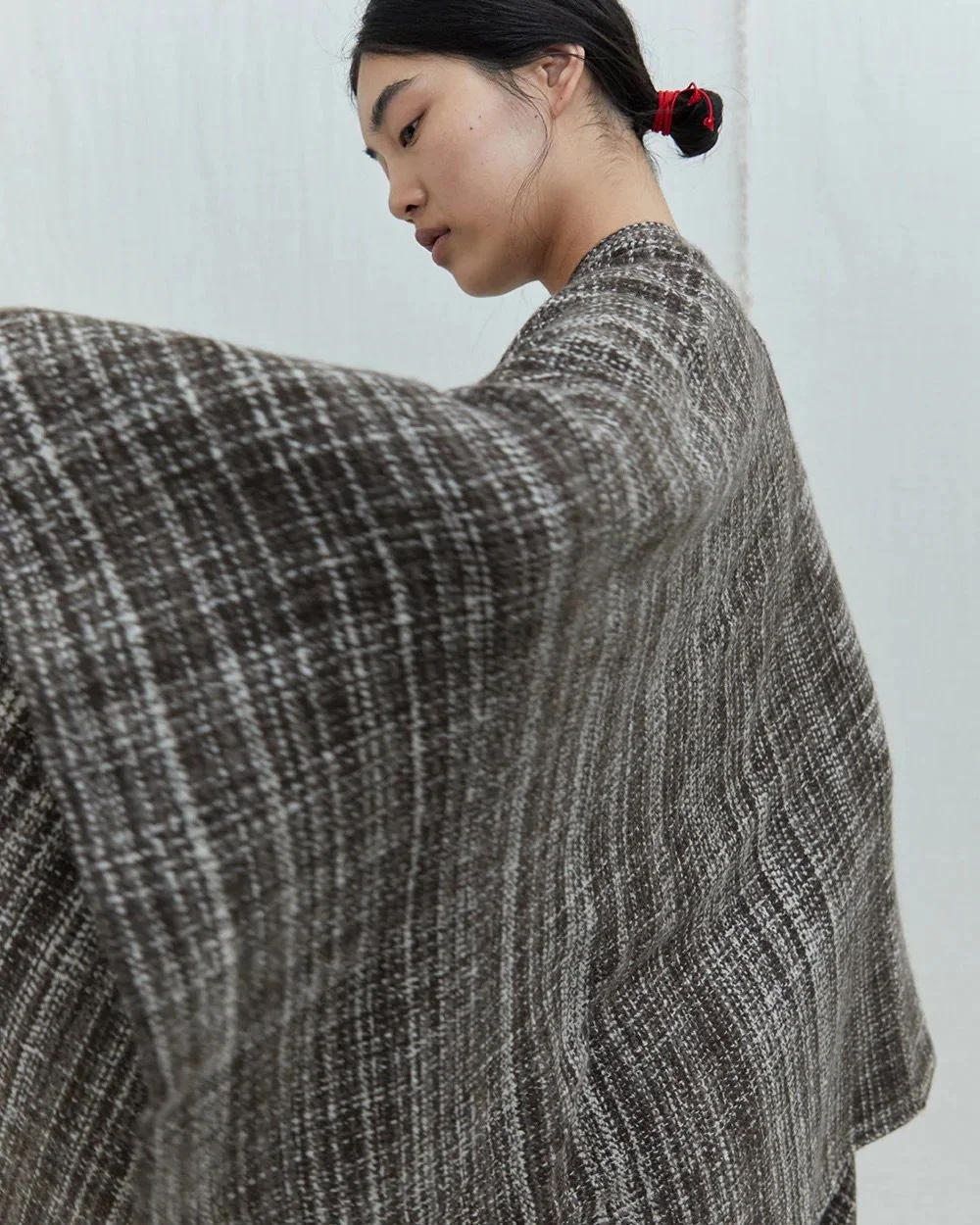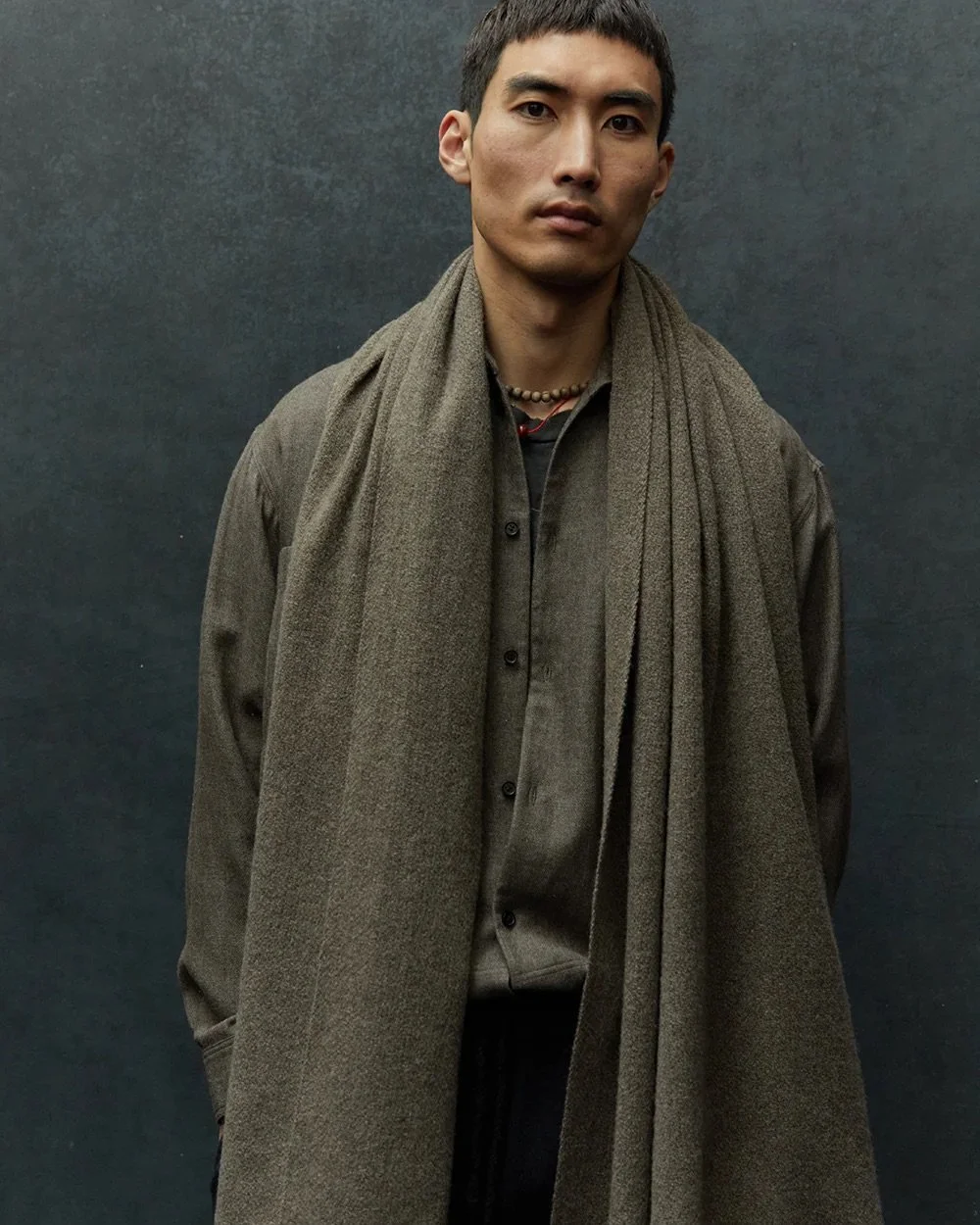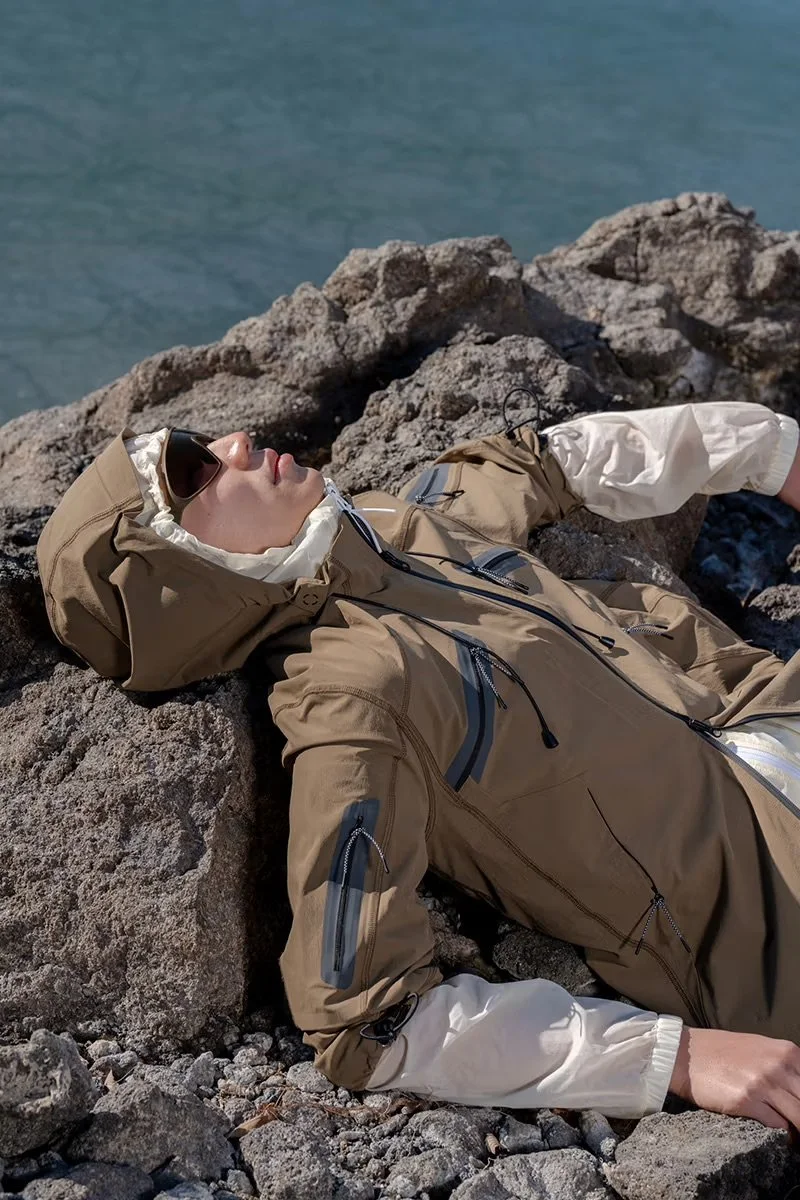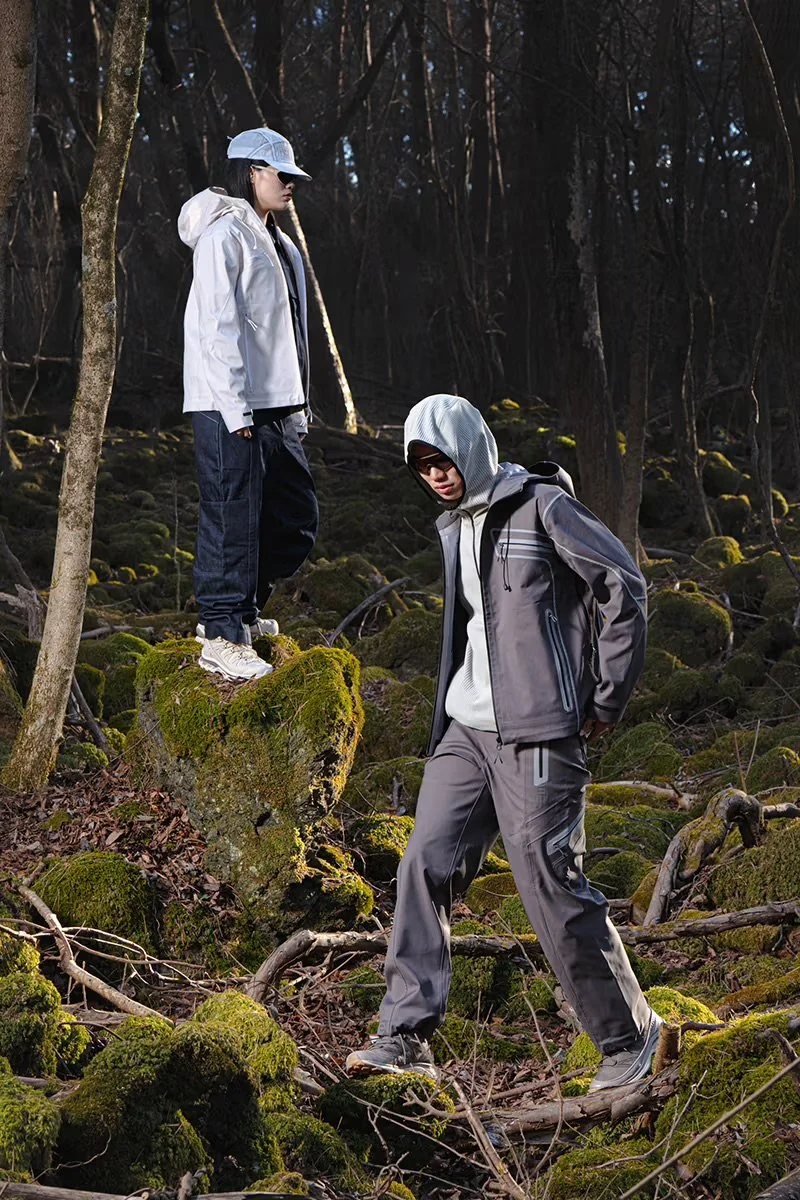The New Age of Fashion and a ‘Western Microcosm’
In the modern fashion landscape, small brands are seemingly everywhere. Since the beginning of COVID-19 in 2020, the rise of ‘TikTok/Instagram brands’ has become a normative part of the social-media-driven fashion ecosystem. With the surge in short-form content, marketing has become more accessible than ever, creating a vacuum of people promoting their clothing to an online audience of infinite potential. Even the smallest brands now have the potential to achieve considerable success, as low production costs and boundless outreach opportunities allow for rapid growth. In many cases, a single viral TikTok video can lead to a complete sellout of a product line. At a glance, social media’s ability to amplify small brands appears beneficial, providing both global outreach and hands-on education for young creatives. However, the algorithms that promote rapid growth also seem to push many brands into an inescapable rabbit hole. The Western dominance of TikTok and Instagram creates a ‘Western microcosm’ within these platforms, making it harder for brands from different regions of the world to gain comparable visibility, resulting in a cultural disconnect. This is abundantly clear in Asia, which is arguably the haven of small brands redefining the boundaries of sustainability, craftsmanship, and cultural heritage.
Wonder Looper, founded by Bahzad Trinos and Risa Saito, was built on adapting to the inadequate quality of everyday wear. The brand first specialized in chain stitch embroidery onto blank T-shirts, but quickly flowered into something more when the shirts could not hold up to the quality of the embroidery. This led the pair to develop their T-shirt, utilizing the Japanese manufacturing industry to create quality blanks built to last. Beyond creating a brand to make something the duo could not find– which is always the best reason to create a brand –the two also host a YouTube channel, Wonder Looper. The channel explains the process behind creating a new garment and provides supplemental information on different aspects of the piece. This is critical coming from a brand that boasts sustainable because it breaks down the mystique in which a garment is created, inviting customers to look at clothing through a new, analytical lens. The two have leveraged their digital platform, inventing an entirely new method of reaching audiences worldwide. By emphasizing the artistry and labor involved in high-quality fashion, Wonder Looper challenges the norms of social media-driven fast fashion, suggesting a promising direction for small, independent brands, where consumers are encouraged to value quality and sustainability over immediacy.
Mother and daughter Kim and Dechen Yeshi founded Norhla in 2007, the world’s first yak khullu atelier. Khullu (coo-loo) is the fiber grown around the neck and belly of the Yak, known for its supreme comfort and durability. Specializing in hand-spun garments and textiles, the atelier crafts everything from vests to carpets, blending yak khullu with other premium materials. The brand employs over 130 people, all former nomads or members of nomad families, to hand spin their garments using a combination of modern and traditional techniques. What sets Norlha apart is its deep commitment to cultural preservation, environmental charge, and economic empowerment to the point where giving it the label ‘a clothing brand’ is simply a disservice. The Atelier is B Corp certified, winning best in the world with a score of 87.5 in 2021 and 2022, has provided over 4 million USD to the local Tibetan economy, and eliminated the reliance of animal husbandry for 98 Tibetan families across the Ritoma region. Norlha’s achievements underscore how mindful fashion can transform lives and challenge industry norms, proving that true luxury lies in craftsmanship, heritage, and responsibility to the world and its people.
Taiwanese born Ken Rao is a new face in the fashion industry, making waves through his avant-garde label, Professor e. The brand focuses on reconstructing old fabrics worldwide and repurposing them for new pieces. Professor E elevates itself above other brands using similar recycling processes through the campaigns the brand makes surrounding each collection. Heavily influenced by Baroque and Rococo style paintings and architecture, the brand's collections have gathered their unique aesthetic, blending historic Japanese and Chinese silhouettes with traditional European art. Rao’s attention to artistic detail is tangible through each collection he creates, in which he produces jaw-dropping photo campaigns that could be displayed in a museum, let alone a web-store. What Professor e does surpasses the limits of a small brand through balancing textile repurposing and beautiful artistic detail, making a name for itself in the oversaturated modern fashion world.
In the age of rapid growth of technical wear, there is no better place to look than South Korea. Jeong Li, founder of namesake brand JEONGLI, looks to fuse the worlds of functionality and technicality, balancing utility with an urban aesthetic, positioning the brand at the forefront of innovative, adaptable fashion for a dynamic lifestyle. Li also emphasizes sustainability through careful material sourcing and a design approach that prioritizes durability, ensuring that each piece withstands wear over time while aligning with environmentally conscious values. His vision captures the duality of modern life, where clothing must be as versatile as the people wearing it. JEONGLI has set a new standard for modern technical brands, where style, resilience, and sustainability coexist seamlessly, infiltrating the everyday wardrobe.
In a landscape where social media often drives brands toward fast fashion, these small Eastern Asian labels exemplify a different path, focusing on sustainability, craftsmanship, and cultural authenticity. By elevating quality over immediacy, brands like Wonder Looper, Norlha, Professor e, and JEONGLI showcase how fashion can be both innovative and responsible. Together, they point to a future where small brands have the power to shape the industry, offering a meaningful alternative to fleeting trends.



